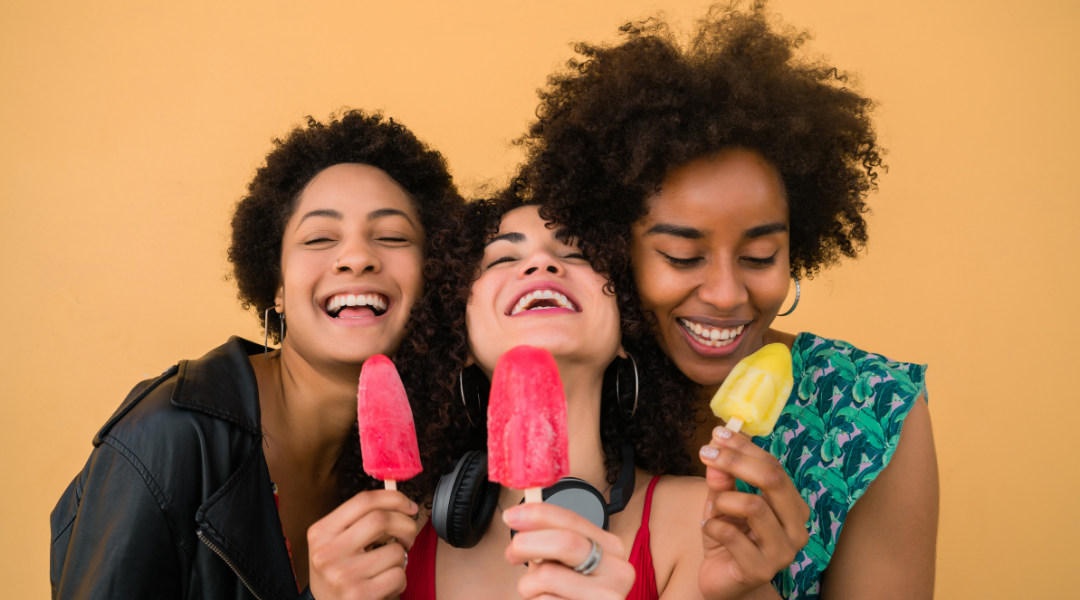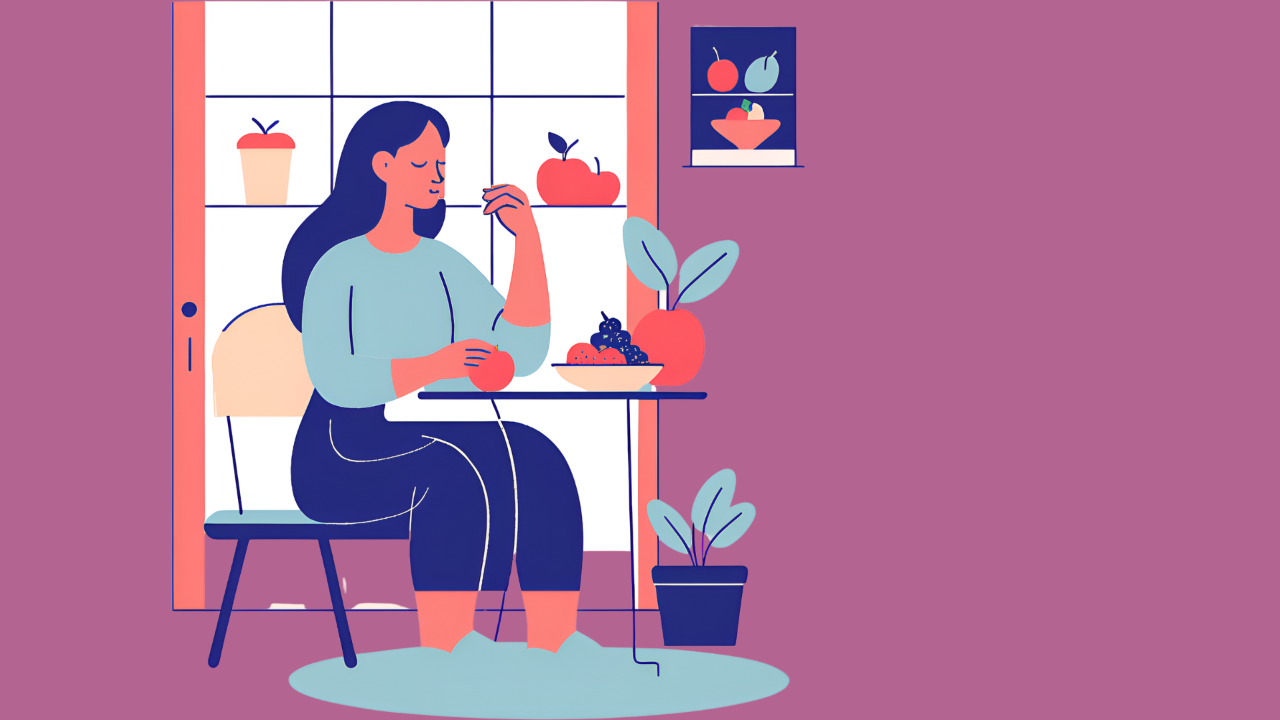Stop Stressing Over Diet Rules: Improve Your Mind-Body Connection with Intuitive Eating

Break Free from Stressful Diet Rules with Intuitive Eating
We are all born as intuitive eaters. Our bodies naturally signal what we need for nourishment, movement, and self-care. However, diet culture often replaces these innate signals with restrictive food rules, leading to:
- Obsessive food thoughts
- Binge-restrict cycles
- Physical and emotional discomfort
It’s time to reconnect with your body, stop the food stress, and nourish yourself without relying on diets.
Listen instead
What is Intuitive Eating?
Intuitive eating is a natural, flexible approach to eating that involves listening to your body's internal signals rather than external diet rules.
For some, intuitive eating is second nature—they eat when hungry, stop when full, and choose foods without overthinking. For others, eating has become a stressful process of counting calories, ignoring hunger, or battling food guilt.
The process of intuitive eating helps you:
- Reconnect with your hunger and fullness cues.
- Remove judgment around food choices.
- Acknowledge food’s role in emotional, social, and cultural connections.
Ultimately, intuitive eating fosters a healthy relationship with food, where it supports your life rather than controlling it.
Get started with Intuitive Eating:
📘 Download your free e-book "The 5 steps you need for joyful eating"
The Foundations of Intuitive Eating
Intuitive eating involves a balance of instinct, emotion, and rational thought:
- Instinct: Your body naturally signals its need for food and satisfaction.
- Emotion: Eating can fulfill emotional needs and create social connections.
- Rational Thought: You can make informed choices without guilt or restriction.
Dieting disrupts these processes, leading to distrust of your own body. By practicing intuitive eating, you’ll strengthen your mind-body connection and learn to trust your internal signals.
Why Strengthen Your Mind-Body Connection?
Your mind-body connection is the foundation of intuitive eating. However, dieting often causes us to lose trust in or awareness of our body’s needs. This leads to:
- Increased food cravings.
- Low energy levels.
- A constant mental battle between diet rules and physical signals.
By letting go of food rules, intuitive eaters report:
- A wider variety of food choices.
- Improved physical health markers.
- Better body image and confidence.
- Greater life satisfaction.
What Does Eating Look Like for Intuitive Eaters?
As an intuitive eater, your eating habits may look like this:
- Trusting hunger cues and respecting fullness, while knowing it’s okay to eat outside of hunger.
- Choosing a salad because it feels satisfying at the moment—or pizza because it hits the spot—without guilt.
- Understanding which foods make you feel good and not attaching shame or guilt to food choices.
- Feeling more relaxed and flexible with social eating, freeing up mental energy for connection and enjoyment.
3 Steps to Start Intuitive Eating
Ready to begin your intuitive eating journey? Here are three actionable steps:
1. Befriend Your Body
Take moments throughout the day to notice internal sensations. For example:
- Hunger or fullness cues.
- Emotions manifesting as tightness, heaviness, or uneasiness in your chest, stomach, or head.
Understanding these sensations helps you respond to your body’s needs and feel your best.
2. Eat When You’re Hungry
Avoid waiting until you’re ravenously hungry, as this can lead to urgent or disconnected eating. Eat when hunger is mild to build trust in your body’s signals.
If you’re not feeling hunger regularly, try a structured eating routine with three meals and snacks to help reconnect with your hunger cues.
3. Reconnect with the Eating Experience
Rather than focusing on how much or what you "should" eat, tune into how food feels in your body. This mindful approach enhances satisfaction and reduces feelings of being out of control.
Common Myths About Intuitive Eating
Many fear that abandoning food rules will lead to overeating unhealthy foods. In reality, intuitive eaters:
- Consume a balanced, varied diet.
- Experience fewer binge-eating episodes.
- Develop better long-term health outcomes compared to dieters.
Want to Learn More?
📘 Download your FREE e-book: "The 5 steps you need for joyful eating"
Want 1-to 1 support?
Learn how you are supported to feel good around food.









